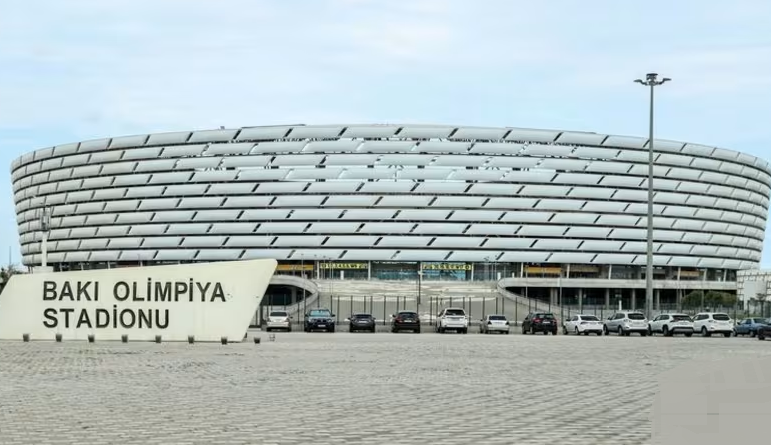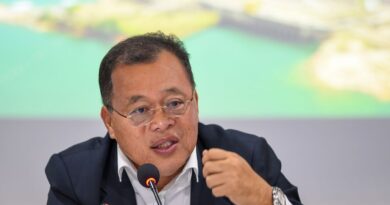US-China progress sparks hope for COP29, says Azerbaijan
Photo: view shows Baku Olympic Stadium, the venue of the COP29 United Nations Climate Change Conference, in Baku, Azerbaijan, on Sep 19, 2024. (Photo: REUTERS/Aziz Karimov)
UNITED NATIONS: The United States and China are closing the divide on the contentious issue of international climate finance, raising hopes for a breakthrough at a crucial climate conference in Azerbaijan, according to the host country’s chief negotiator.
In an interview with AFP, Yalchin Rafiyev said he had received “positive signals” following recent high-level talks between the world’s two largest economies, which frequently assert themselves as leading voices for the Global North and South in international negotiations.
“There had been a very wide gap among the positions of the US and China,” explained Rafiyev, who was speaking at the margins of the UN’s annual high-level summit, and is tasked with steering negotiations between world leaders at the COP29 negotiations in Baku this November.
“This gap is now narrowing, and we see visible progress,” added the 37-year-old diplomat, saying he saw a “softening” of stances on both sides.
While he declined to go into specifics, citing the need not to jeopardize delicate negotiations, he added: “That gives us an understanding that we may hope for a positive outcome in the COP29.”
Money Talks
While last year’s COP28 summit in UAE struck a landmark deal to phase out fossil fuels, COP29 is charged with a new, daunting task: putting a price tag on how much developing nations will need to weather the mounting impacts of climate change and to transition to greener economies.
More than a decade ago, wealthy nations – including the United States, European Union, Japan and others – pledged to deliver US$100 billion annually by 2020 to support developing countries.
But that goal was only achieved for the first time in 2022, and much of the funding came in the form of high-interest loans, drawing fierce criticism and accusations of broken promises.
India has called for US$1 trillion annually, a ten-fold increase in the existing pledge.
Not only do developed countries view such figures as unrealistic, they are now advocating for oil-rich Gulf states and China to share the financial burden, arguing that the original list of donor countries is based on outdated 1990s development levels.
Rafiyev emphasised that COP29’s benchmark for success would be reaching consensus on a final headline figure.
However, he declined to weigh in on the Global North’s push to expand the pool of contributors, stressing the host country’s need to stay neutral.
He also declined to specify when Azerbaijan, whose economy depends heavily on oil and gas extraction, would unveil its updated plans to meet the emissions reductions required by the Paris Agreement.
Although countries are not obligated to submit these plans until February 2025, many climate observers had hoped Azerbaijan would seize the opportunity at the UN General Assembly to show leadership by setting ambitious new targets.
Instead, Rafiyev said Azerbaijan would “do our best” to release its new climate strategy ahead of the Baku summit, and was coordinating with Brazil and the UAE – the next and previous COP hosts – towards this goal.




